
WASHINGTON: US President Barack Obama for the first time publicly called on Thursday for the creation of a non-militarised Palestinian state on the basis of Israel's borders before 1967.
“The United States believes that negotiations should result in two states, with permanent Palestinian borders with Israel, Jordan and Egypt, and permanent Israeli borders with Palestine,” said the US president while emphasising the need for talks to settle the Israeli-Palestinian conflict.“The full and phased withdrawal of Israeli military forces should be coordinated with the assumption of Palestinian security responsibility in a sovereign, non-militarised state,” he added.
Diplomatic observers in Washington say the proposed plan could cause shockwaves in Israel, which wants to keep Israeli military forces in the Jordan Valley.
Former British prime minister Tony Blair, who is now a special envoy for the Middle East, however, told CNN that the size of the Palestinian state should be comparable to the size of the 1967 area, to make a viable state.
President Obama said he was proposing the creation of a Palestinian state because he believed that “no peace can be imposed upon them, nor can endless delay make the problem go away”.
Israel's Prime Minister Binyamin Netanyahu, who is en route to the US to make a key speech to Congress next week, said in initial reaction that there would be no withdrawal to the “indefensible” 1967 borders. He said a Palestinian state should not be established at “the expense of Israel's existence”.
Palestinian President Mahmoud Abbas, however, “affirmed his appreciation for President Obama's declaration regarding people's right to self-determination, freedom and dignity, as well as ensuring freedom of worship”. The Palestinians “need more than any other people such issues to get rid of occupation,” he said.
President Obama linked the need for resolving the Palestinian-Israeli conflict to the seismic political changes unfolding in the Arab world.
“At a time when the people of the Middle East and North Africa are casting off the burdens of the past, the drive for a lasting peace that ends the conflict and resolves all claims is more urgent that ever,” he said.
Mr Obama, however, acknowledged “the core issues” dividing Israelis and Palestinians remained to be negotiated, including the questions of Jerusalem and the fate of Palestinian refugees.
“The international community is tired of an endless process that never produces an outcome,” said Mr Obama while expressing frustration that so far all efforts to reach an agreement had failed.
The US president dismissed President Abbas's plan to seek UN General Assembly's recognition for a Palestinian state this September. “Symbolic actions to isolate Israel at the United Nations will not create an independent state,” he said.
The emphasis on the need for creating a Palestinian state was not the only surprise in the speech, which has been dubbed Cairo 2 by US commentators who compare it to the speech Mr Obama made soon after his election in which he expressed the desire to reach out to the Arab and Muslim nations.
While US adversaries like Syria and Iran were marked out for some harsh criticism, Mr Obama also did not spare allies like Bahrain. Although Bahrain hosts the US Navy's 5th Fleet, Mr Obama bluntly condemned the Bahraini government's repressive measures to crush a popular uprising.
“The only way forward is for the government and opposition to engage in a dialogue, and it can't have a dialogue when part of the opposition is in jail,” he said.
Referring to the sectarian conflict that further complicates the Bahraini crisis, Mr Obama said: “The Shia must never have their mosques destroyed in Bahrain.”
But the US president also blamed “nearby Iran” for exploiting the unrest and pledged to defend Bahrain's security.
Defending the UN-backed military action in Libya, Mr Obama blamed Libyan leader Muammar Qadhafi for this development.
In “Libya, where Muammar Qadhafi launched a war against his own people, promising to hunt them down like rats,” he said. “And when Qadhafi inevitably leaves or is forced from power, decades of provocation will come to an end, and the transition to a democratic Libya can proceed.”
One leader who got a little reprieve is Syria's Bashar al-Assad. Although Mr Obama said that the Syrian president had “chosen the path of murder,” he did not ask him to step down immediately.
“He has a choice: He can lead that transition (to democracy) or get out of the way” Mr Obama said.



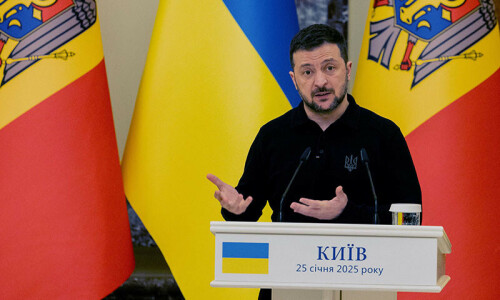












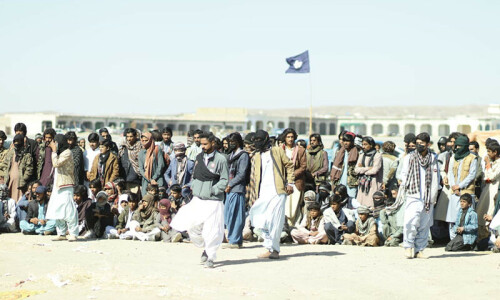




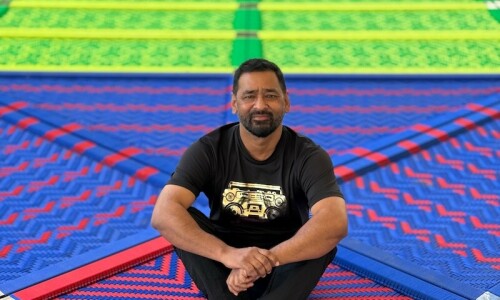








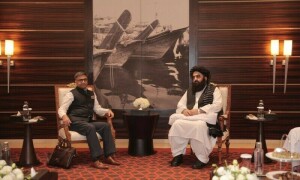

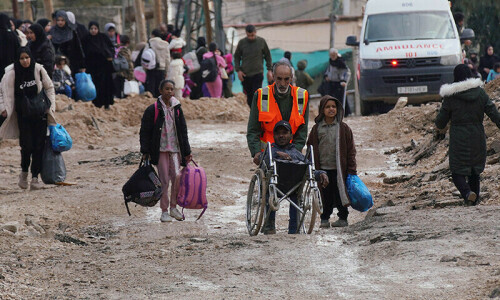
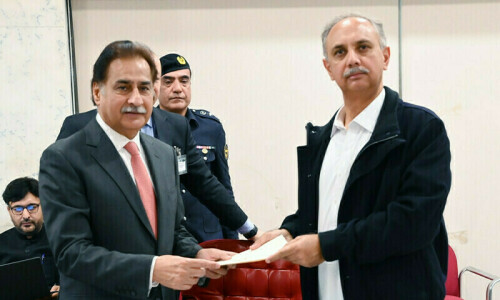



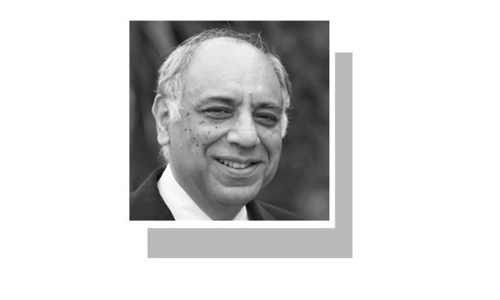
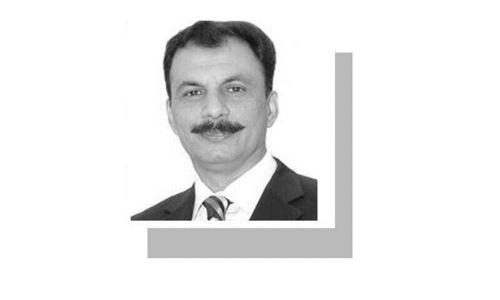


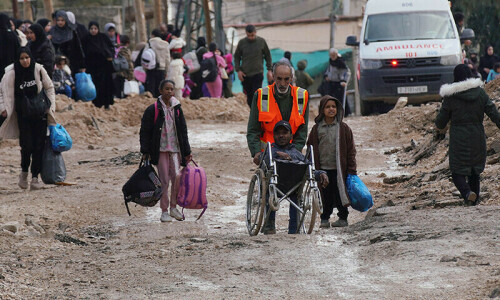





Dear visitor, the comments section is undergoing an overhaul and will return soon.